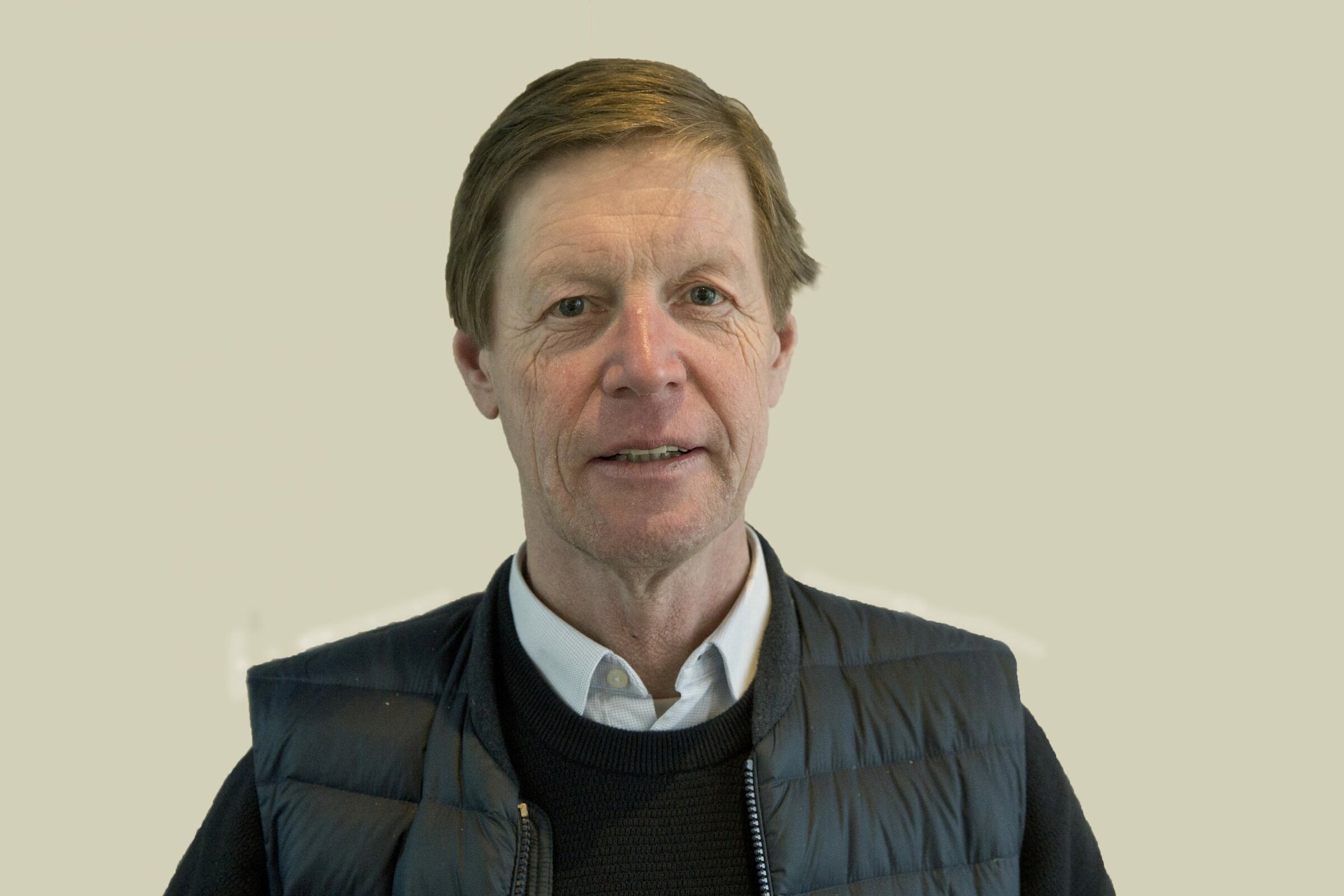Conceptual Art in Austria
Robert Fleck (Akademie Düsseldorf )
Lecture

© Edition Konturen
The history of Conceptual Art began in the United States in 1955 and marked an enormous evolution of what art can be and how it works. Its representatives emphasized the immaterial qualities as well as the idea behind art, thus presenting the market and museums with new challenges. Art was no longer understood primarily as an object and a commodity. A major challenge was therefore also the marketing and communication of conceptual art, a task that initially only a few representatives of the art system in Europe took on.
Of great importance in this context is the (present-day) Galerie nächst St. Stephan Rosemarie Schwarzwälder in Vienna, which was an early advocate of conceptual approaches. Founded by Monsignor Otto Mauer in the 1950s and later continued by Oswald Oberhuber and Rosemarie Schwarzwälder, the gallery advanced to become an important place of interdisciplinary discourse. Today, the HALLE FÜR KUNST hosts art historian and curator Robert Fleck. Fleck will provide exciting insights into the developments of conceptual art in Austria and will also talk about the significance of the gallery.
Artists
Participating artists
Robert Fleck
is an Austrian art historian and curator. Fleck is currently professor of art and the public sphere at the Kunstakademie in Düsseldorf and director of the Akademie-Galerie. After studying in Vienna and Innsbruck, he studied at the Sorbonne and the Collége de France in Paris with Gilles Deleuze, Jean Baudrillard, and Michel Foucault, among others, and earned his doctorate in Innsbruck. Fleck has served as director of the Deichtorhallen, Hamburg and the Kunst- und Ausstellungshalle der Bundesrepublik Bonn. He was Austrian Federal Curator of Fine Arts and co-curator of the 2nd European Biennial of Contemporary Art Manifesta in Luxembourg. Recent publications: Heinz Mack. A 21st Century Artist (co-authored with Antonia Lehmann-Tolkmitt, 2019), Yves Klein et l’Allemagne (2018) Pierre Soulages (co-authored with Hans Ulrich Obrist, 2017), and Das Atelier im 21. Jahrhundert (2017).

© Edition Konturen